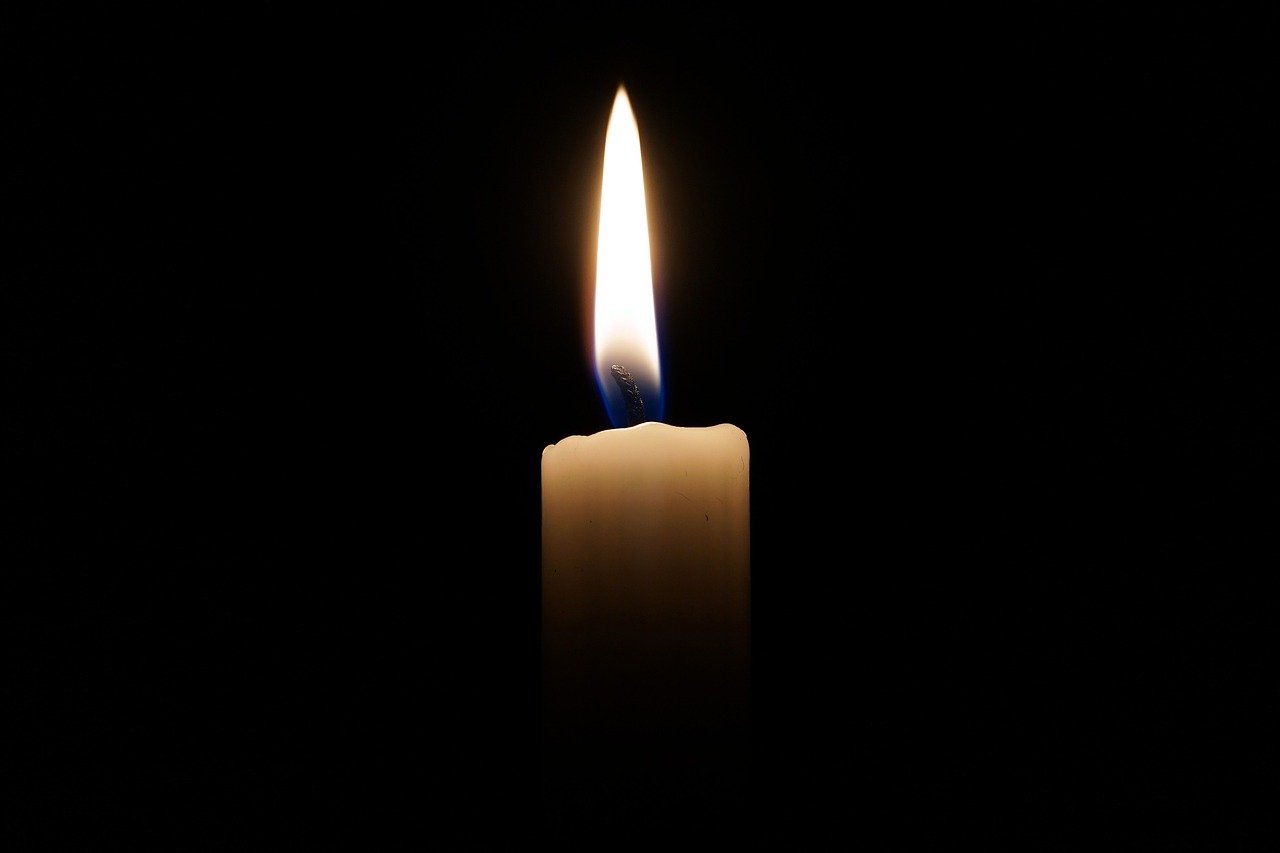In November this year, we have been encouraged to look back to the horrific events of the First World War which ended with the signing of the Armistice on 11th November 1918 – a century ago. It’s emotionally complicated to look back at that date – on the one hand, there is a huge sorrow for the loss of life and on the other, a great joy that the hostilities ceased. In the UK, that night – Armistice night – was a night of parties celebrating victory and the return of peace. In the early years following the war, it was not uncommon for the acts of remembrance in the UK to include a celebratory feel. However, parties celebrating victory were soon regarded as rather insensitive to the thousands who had been bereaved. Quite quickly, the way the nation commemorated the Armistice became much more like the way it is today – a right honouring of courage, an appropriate expression of grief over loss and a resolution among the people to strive for peace and reconciliation. This is surely entirely right. And yet, does it not also feel right to want to celebrate peace? Even in the midst of our sombre reflections last month on the cost of the War, and perhaps even because of them, did not our hearts want to sing with joy that peace returned in 1918 and, however fragile, is still present in our land today? Remembrance is complicated.
That was November. Now our thoughts turn towards Christmas. Unlike Remembrance, this is understood to be uncomplicated: families get together for a special meal and people buy presents for their loved-ones. Bright lights, colourful decorations and open fires enrich our homes, we tell the story of Santa Claus and there’s nostalgia in the air. We get time off work and school and there’s a general sense of “goodwill to all men”. Quite simply, what’s not to like? It’s so lovely; so straightforward.
But Christmas rightly understood is not so straightforward. It is a celebration, but, just like a party held to rejoice that war is over, Christmas only exists because of what went before it. It’s impossible to extract the celebration from the reason for the celebration. The reality is that Christmas lights are not just a way of beautifying our homes in the dingy December evenings, but a symbol of the great light of the world which pierced the crushing darkness which had engulfed humankind till that moment. Whatever the Santa story says, Christmas presents are still given to naughty children out of unconditional love – and are therefore an echo of the most wonderful gift ever given (Jesus Christ, the Son of God) and the most wonderful love of that giver (God himself). Lastly, Christmas joy is not rooted in mulled-wine, mince pies and cosy woollen jumpers, but springs from the hearts of those who were once broken and brow-beaten by regret, guilt and despair but who have been given a new, unshakeable hope in the offer of forgiveness and eternal life through faith in Jesus Christ.
It may be that we don’t want to remember the horror of the darkness into which God chose to send his Son – the awfulness of our own rebellion against him – any more than we want to dwell on the tragedy of war. But if we don’t do that, we’ll never understand the magnitude of His love for us, and our Christmas celebrations – however lovely they may seem – will be like us eating dry bread when a feast has been laid on.
May you know and celebrate the Reason for the season.
